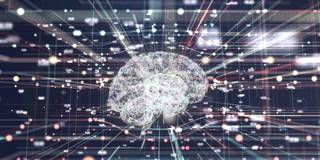
The Dangers of Data-Based Certainty
Economists are rushing to embrace the use of big data in their research, while many policymakers think artificial intelligence offers scope for greater cost-effectiveness and better policy outcomes. But before we entrust more decisions to data-based machine-learning and AI systems, we must be clear about the limitations of the data.
CAMBRIDGE – Friends of mine who work in the arts and humanities have started doing something unusual, at least for them: poring over data. This is due to the pandemic, of course. Every day, they check COVID-19 case numbers, how slowly or quickly the R factor is declining, and how many people in our area got vaccinated the day before.